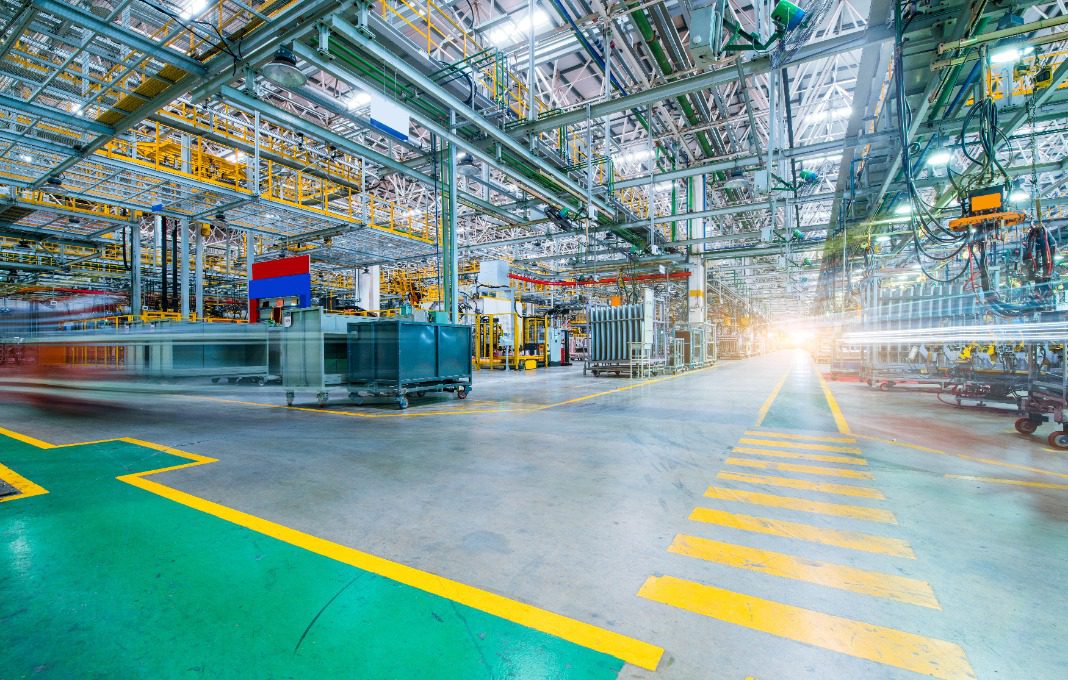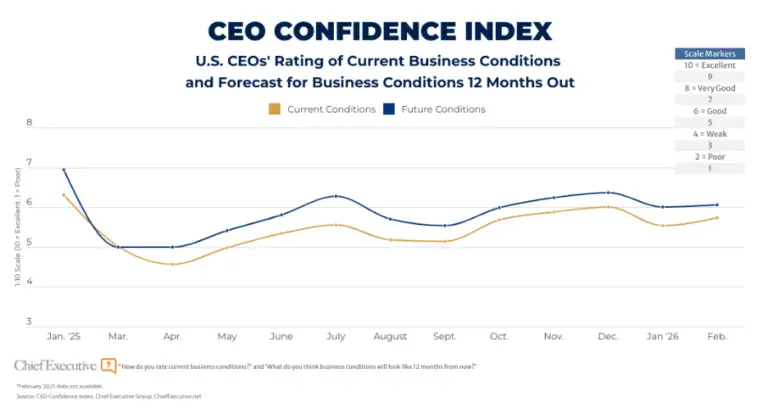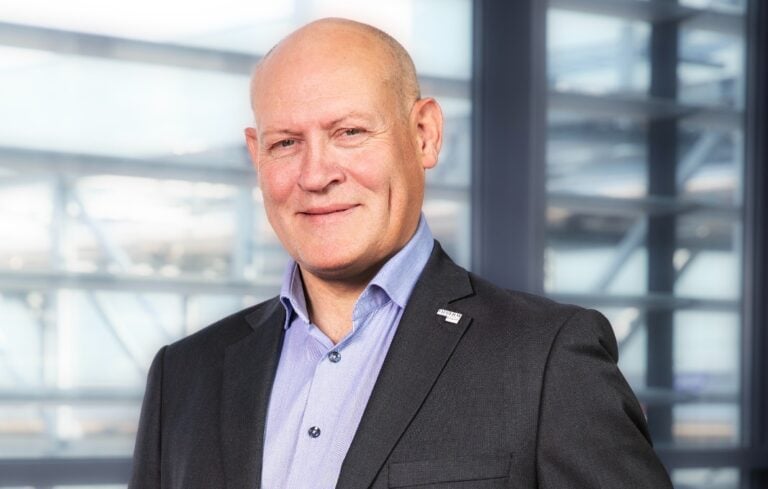Many U.S. manufacturing chiefs are salivating at the prospect of a re-elected President Trump slashing corporate taxes and regulations, eliminating scale-tipping incentives for clean-energy technologies, further liberating domestic energy production and slapping Chinese imports with heavier tariffs. But Trump’s new policies contain many potential snares for manufacturers as well.
In general, manufacturing CEOs express high hopes. The National Association of Manufacturers says it largely is hoping for an encore to Trump’s performance as the 45th U.S. president. NAM praise Trump’s 2017 Tax Cuts and Jobs Act as “rocket fuel” for manufacturers by boosting wages, facilitating business investment and “giving us the certainty we needed to kickstart the manufacturing resurgence we have seen in recent years.” The trade group also praise Trump’s previous “efforts to modernize permitting processes, unleash American energy and relieve backlogs of pipeline projects.”
Here are some major touch points for manufacturing CEOs as Trump prepares to take office as the 47th president:
Business environment and deregulation. Before Trump’s re-election, NAM said, “sector optimism” has dimmed “as the cost of business continues to increase because of health-care cost increases, looming tax hikes and aggressive agency overreach,” all of which is “keeping shovels out of the ground.” Now NAM wants “competitive taxes, sensible regulation and unleashed American energy. Manufacturers are ready to win big.”
Tariffs. Trump, of course, has promised new tariffs of up to 60 percent on Chinese goods and 10 percent on goods from other countries. Vice President Kamala Harris criticized these plans as essentially a new tax on American consumers, but the expressed purpose would be to drive further investment in U.S. manufacturing.
“Our clients are anticipating that tariffs on certain products, such as cars and steel, will provide more pressure and an incentive to manufacture in the U.S. moving forward,” says Larry Gigerich, managing director of Ginovus economic-development consultants, in Indiana. “This should result in reinvestment in the U.S. and job creation.”
But Stanley Black & Decker CEO Donald Allan told investors this week that, if Trump indeed levies new tariffs, the Connecticut-based tool maker would likely raise prices and shift production around the globe. These moves could include moving production and parts of Stanley’s supply chain out of China to other Asian countries or to Mexico—but not likely any significant shift to more U.S. production.
Sebastien Breteau, founder and CEO of QIMA, a global supply-chain compliance company, notes, “The U.S. lacks the manufacturing capacity to replace many of these imports. With a four percent unemployment rate and fewer immigrants, there’s little appetite or workforce availability for factory jobs in low-cost goods like apparel or electronics. As a result, companies will face steep cost increases if production remains overseas, and options to bring production back are limited.
“These tariffs would likely drive inflation in basic consumer goods, affecting American consumers directly. That could lead to retaliation from exporting countries, potentially hitting high-value U.S. service jobs.”
Decoupling. Trump wants American companies to further reduce their dependence on Chinese sourcing. But that can only happen over time despite every incentive the new Trump administration can apply.
“There will be some incremental impact in this area when it comes to things that impact national security or healthcare,” Gigerich says, such as electronics that make their way into phones, computers, drugs and defense products. But “given the complexity of some of the products and the percentage that currently comes from China, the timeline could be longer to accomplish this end goal.”
Decoupling and “building a China-free supply chain takes time,” notes the chief strategist for a major automaker. Critical materials for EV batteries are an example. “They are available in many countries, but they are not mined. [Mining them] is a significant investment that takes time.”
Autos. The U.S. car industry was especially caught in the crosshairs of the presidential campaign, as Trump criticized rising carbon-emission standards that effectively have mandated automakers’ radical shift toward EV production. But the rest of the world, led by China, isn’t backing off EVs.
“If Trump kills the EV movement for the U.S. market,” the carmaker strategist says, the rest of the world will continue. U.S. manufacturers cannot double invest—combustion engines for the U.S. and [battery-electrics] for the rest of the world. They will become non-competitive outside the U.S. while with a protected domestic market.”
While carmakers now expect Trump to ease emissions expectations and to back off the federal financial incentives for building EV and battery plants, time is too short to do much about Biden administration national emissions standards that begin going into effect next year.
And there is still California’s aggressive push to restrict emissions beyond U.S. standards. It is important because of the size and importance of the California vehicle market. While Toyota has a hybrid-first strategy that mostly spurns EVs, Dave Christ, head of the Toyota brand in North America, told a group of journalists on Wednesday that the company wants the Trump administration to standardize emissions across states rather than to allow California to wag the dog for the rest of the industry.
EV chargers. Jeffrey Prosserman, CEO of Voltpost, a company that is converting lampposts into EV-charging stations, says the company recognizes “public-sector support on the federal level will be scaled back” for the national push for EV-charging networks. “This could include a rollback of federal tax credits for EV purchases, incentives promoting domestic EV manufacturing and grant funding programs for public charging deployments.
“Fortunately,” Prosserman adds, “there are significant investments that have been appropriated by states through the first round of [federal] funding, and these charging networks will be deployed regardless of new federal policy.”








